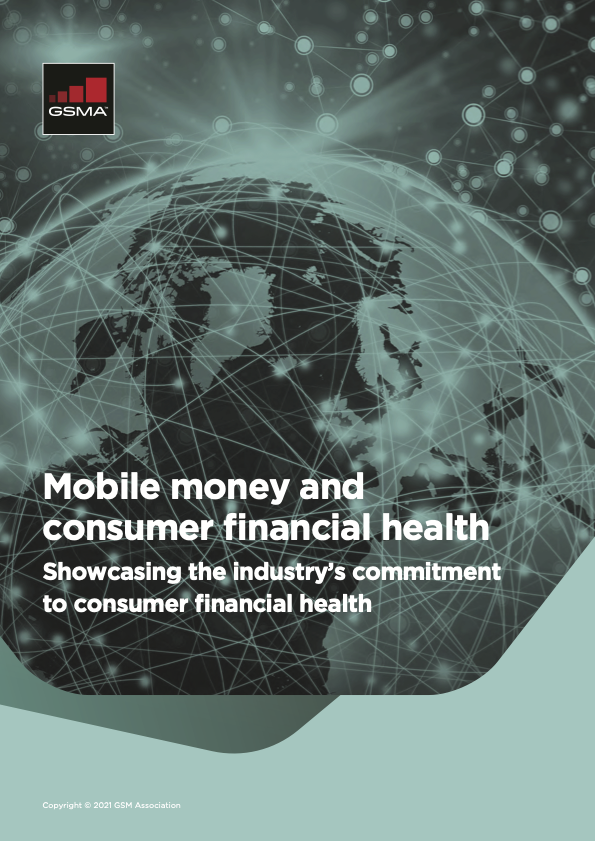In 2020, despite a severe global economic downturn more than $2 billion was transacted every day through mobile money. With more people than ever using these services, mobile money providers (MMP) have highlighted that enabling robust financial health of their consumers is increasingly integrated into their products and services.
The idea of financial health is increasingly relevant to MMP’s objectives. Whilst not explicitly defined as a relatively nascent field, ‘financial health’ can be considered as a consumer’s capacity to:
- manage day-to-day finances;
- meet future financial obligations;
- be financially resilient (e.g. to shocks);
- pursue financial goals;
- and feel confident in their financial future.
The context of the financial turmoil caused by the Covid-19 pandemic has further demonstrated the role of mobile money services in enabling enhanced financial resilience for their consumers. However, whilst this period saw even greater user recognition of the unique benefits of mobile money, and mobile money-enabled adjacent services such as savings and credit, it has also seen new risks to consumer financial health emerge, or traditional risks exacerbated.
This paper explores key risks to consumer financial health relating particularly to LMICs where mobile money is most prevalent, and how the mobile money industry stakeholders are addressing these through best practice examples.


